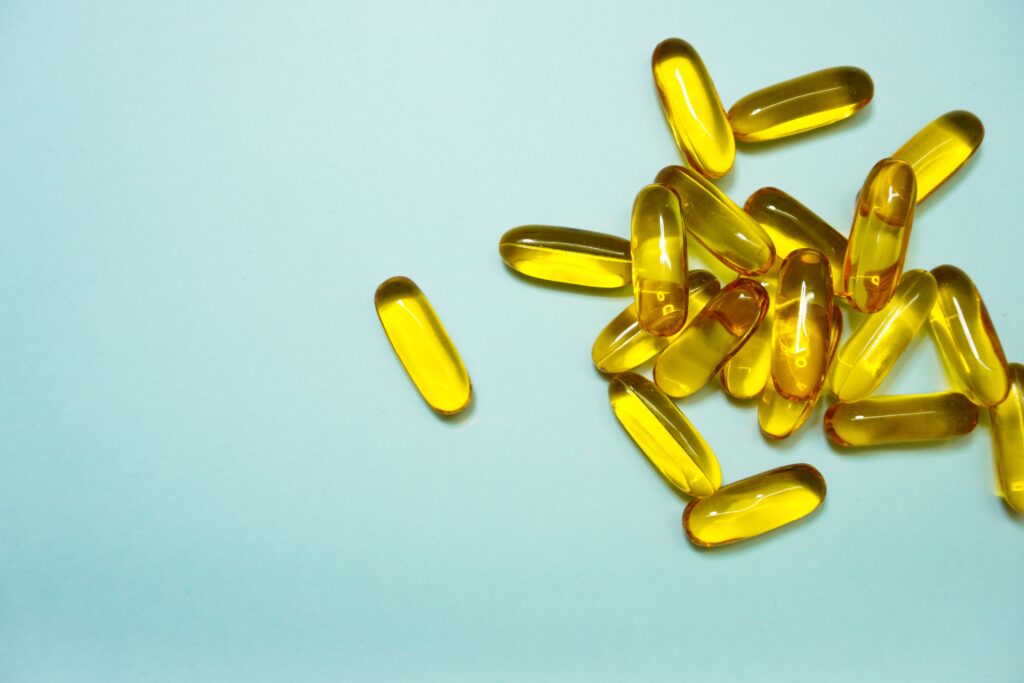Children with autism can have limited diets, in this article we therefore explain what are the best vitamins for an autistic child.
Of course the supplementary requirements will be dependant on your individual child and what they eat or drink on a daily basis.
However with that said here are some vitamins and minerals to consider;
Vitamin D
Quite often autistic children have rigid diets containing just things like pasta and rice.
Neither of these food sources are significant providers of Vitamin D.
Vitamin D is crucial for bone health and immune function.
The correct dosage should be determined by a healthcare provider based on the child’s individual needs and any existing deficiencies.
Calcium
With limited food variety, it’s important to ensure adequate calcium intake for proper bone development for a growing child.
Calcium-fortified products or supplements may be considered to fill gaps in a limited diet.
Obviously if your child drinks a lot of milk then supplements may not be required.

Iron
If a child’s diet lacks diverse protein sources, Iron deficiency can be the result. Iron is important for red blood cell production and overall energy levels.
A healthcare provider may recommend iron supplementation if a deficiency is suspected.
Omega 3
Sources such as fish, flaxseeds, or walnuts are generally rich in omega-3 fatty acids, which support brain health and cognitive function.
However it can be challenging to get an autistic child to eat something like fish or nuts.
If these foods are not included in the child’s diet, a healthcare provider may suggest an omega-3 supplement derived from fish oil.
Vitamin C
Vitamin C is important for immune function, wound healing, and the absorption of iron.
A dietitian may recommend incorporating additional sources of vitamin C into the child’s diet, such as citrus fruits, strawberries, or other fruits and vegetables rich in vitamin C.
Fibre
Adequate fiber intake is important for digestive health and to prevent constipation, something which can be common with autistic children.
A healthcare provider may suggest incorporating other fiber-rich foods into the child’s diet, such as whole grains, fruits and vegetables if you can.
Vitamin A
Vitamin A is crucial for vision, immune function, and cell growth. If your child’s diet doesn’t contain an adequate amount then you may have to supplement it accordingly.
Natural sources of vitamin A include such foods as carrots, sweet potatoes, leafy green vegetables, or fortified foods.
What about a multivitamin?
Rather than try and cherry pick individual supplements you could consider a multivitamin.
A multivitamin supplement may be considered beneficial for an autistic child due to potential nutrient deficiencies.
An average multivitamin typically contains a combination of the following essential vitamins and minerals.
A child’s multivitamin typically contains vitamins such as vitamin A, B vitamins (B1, B2, B3, B6, B12), vitamin C, vitamin D, vitamin E, and vitamin K.
Minerals are also contained in multivitamins, including iron, zinc, and calcium.
Summary – Best vitamins for an autistic child
Autistic children may benefit from certain vitamins to support their overall health and well-being. It is not uncommon for autistic kids to only want to eat a specific food type every single meal.
While each child’s needs may vary, there are a few key vitamins that are often considered.
Vitamin D is important for bone health and immune function and may also play a role in supporting cognitive function.
Some studies have suggested a higher prevalence of vitamin D deficiency in autistic children.
Vitamin B6, along with magnesium, is sometimes recommended as a supplement to support brain function.
Omega-3 fatty acids, particularly from fish oil, may provide anti-inflammatory benefits and support brain health, potentially improving cognitive function and behaviour in autistic children.
However, it’s is alway essential to consult with a healthcare professional or a pediatrician specialising in autism before starting any supplements.
This is to ensure appropriate dosages and individualised recommendations for each child.

